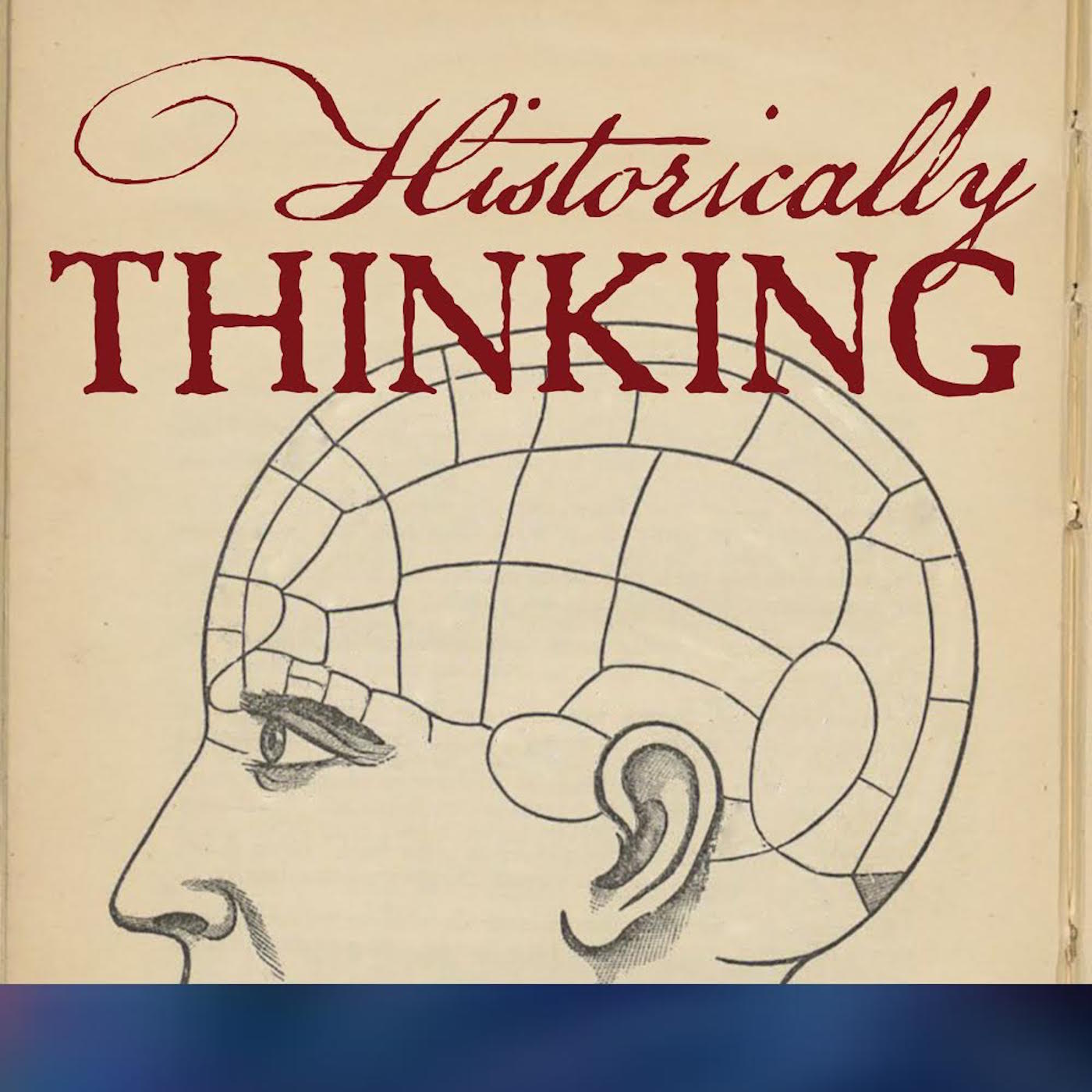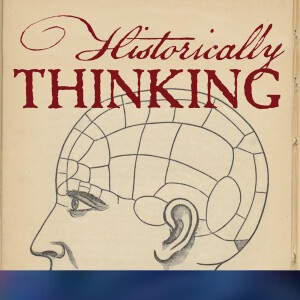
Does knowing a lot of facts about the historical past – say, of early America – make us feel closer to it? Or is something else required? How can we–as my guest puts it, “appreciate a bit better what it felt like to be alive then. Naturally,” he continues “we can’t teach emotions to any who weren’t alive to experience them how Pearl Harbor felt in real time – let alone Fort Sumter or Lincoln‘s assassination – is not transmissible. The historian can only do so much.“ But how to convey not merely the intellectual weight but the emotional burdens that humans once carried–and that we might no longer understand?
My guest Andrew Burstein has done what he can to credibly bring early America closer to us in his new book Longing for Connection: Entangled Memories, and Emotional Loss in Early America. It is a work of history that is intricately plotted, connecting personalities and themes in a sort of great circular panopticon of early America, in which the reader sits at the orbital center of continual swirl and movement.
Andrew Burstein is the Charles Phelps Manship Emeritus Professor in the Department of History at Louisiana State University. Longing for Connection is the latest member of a large-and hopefully happy- family of books.
For Further Investigation
You really should read some Alexander Pope. Find more about him, and some of his poems here.
Poor Edward Everett. No one ever reads his Gettysburg address.
Some of the more closely related members of the Burstein family of books, many of them mentioned in the conversation, listed in order of publication: The Inner Jefferson: Portrait of a Grieving Optimist; Sentimental Democracy: The Evolution of America's Romantic Self-Image; The Original Knickerbocker: The Life of Washington Irving; and Lincoln Dreamt He Died: The Midnight Visions of Remarkable Americans from Colonial Times to Freud
For an intro to cultural history, you should listen to Episode 32
Past episodes with a connection to this one are Episode 163: The First Martyr of the American Revolution; and Episode 344: Founding Scoundrels
view more
More Episodes
Episode 380: Madrid
 2024-10-28
2024-10-28
 2024-10-28
2024-10-28
Episode 379: Philadelphia
 2024-10-14
2024-10-14
 2024-10-14
2024-10-14
Episode 378: Old New World
 2024-10-07
2024-10-07
 2024-10-07
2024-10-07
Episode 377: BIG HISTORY (From the Archives)
 2024-09-30
2024-09-30
 2024-09-30
2024-09-30
Episode 376: Venerable Bede
 2024-09-24
2024-09-24
 2024-09-24
2024-09-24
Episode 375: Bible History
 2024-09-16
2024-09-16
 2024-09-16
2024-09-16
Episode 374: Serpent in Eden
 2024-09-04
2024-09-04
 2024-09-04
2024-09-04
Episode 373: Spycrafte
 2024-08-30
2024-08-30
 2024-08-30
2024-08-30
Episode 372: Glorious Lessons
 2024-08-26
2024-08-26
 2024-08-26
2024-08-26
Episode 370: Enemies of All
 2024-08-19
2024-08-19
 2024-08-19
2024-08-19
Episode 371: Forming National Character
 2024-08-12
2024-08-12
 2024-08-12
2024-08-12
Episode 369: Horse
 2024-07-29
2024-07-29
 2024-07-29
2024-07-29
Episode 368: Mosquito
 2024-07-22
2024-07-22
 2024-07-22
2024-07-22
Episode 367: Bloody Tuesday
 2024-07-15
2024-07-15
 2024-07-15
2024-07-15
Episode 365: Chesapeake Bay Sea Monster
 2024-07-01
2024-07-01
 2024-07-01
2024-07-01
Episode 364: House of Lilies
 2024-06-24
2024-06-24
 2024-06-24
2024-06-24
Episode 363: Flying Saucers
 2024-06-17
2024-06-17
 2024-06-17
2024-06-17
Episode 362: Out of One, Many
 2024-06-03
2024-06-03
 2024-06-03
2024-06-03
Episode 361: Book Makers
 2024-05-27
2024-05-27
 2024-05-27
2024-05-27
0123456789101112131516171819
Create your
podcast in
minutes
- Full-featured podcast site
- Unlimited storage and bandwidth
- Comprehensive podcast stats
- Distribute to Apple Podcasts, Spotify, and more
- Make money with your podcast
It is Free
- Privacy Policy
- Cookie Policy
- Terms of Use
- Consent Preferences
- Copyright © 2015-2024 Podbean.com






